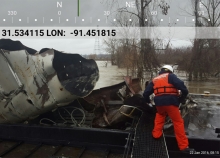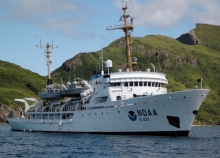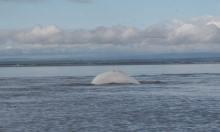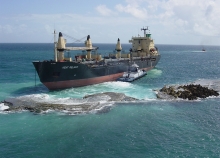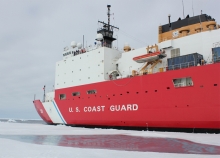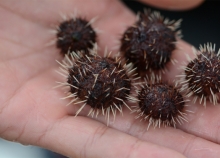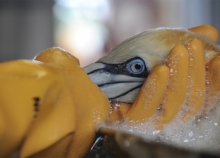NOAA Scientist Supports Alaska Pipeline Leak Response
alyssa.gray
Mon, 03/13/2017 - 15:18
5 Ways the Coast Guard and NOAA Partner
alyssa.gray
Wed, 03/01/2017 - 15:22
Below Zero: Partnership between the Coast Guard and NOAA
alyssa.gray
Tue, 02/28/2017 - 15:25

